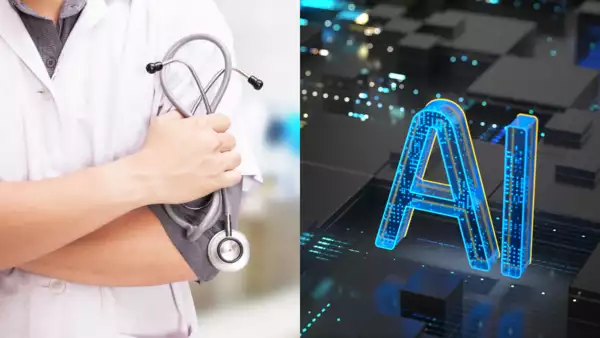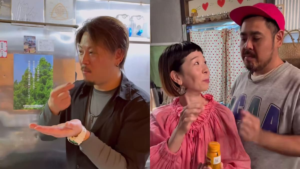Shocking study: Why parents are not trusting doctors as much these days

A recent study from the University of Kansas has shed light on a new trend—parents today are placing more trust in AI platforms like ChatGPT than doctors regarding their children’s health advice. Parents discovered that AI-generated advice, which ranged from sleep guidelines to childhood nutrition, was first of all quick and second it was also easy to get, but also frequently more dependable and understandable than medical guidance.
This change starts to question how we select and rely on our health information sources. Is AI changing how parents view healthcare, or is it merely filling in the gaps?
Here’s a closer look at what the study found and why parents are turning to AI for answers.
Why AI? Fast answers and accessibility

Parents mostly juggle multiple responsibilities, so the immediate responses from ChatGPT and similar tools can be incredibly appealing. Rather than waiting days for a doctor’s appointment, parents can access health information in seconds. This instant availability is one reason why many parents are turning to AI for preliminary advice on their kids’ health concerns. For busy parents, quick and understandable answers can feel like a lifeline.
ChatGPT vs doctors: The surprising trust factor
In the study, 116 parents aged 18 to 65 were presented with health-related content written by both ChatGPT and medical professionals—but they didn’t know which was which. Many parents rated the AI-generated content as more trustworthy, accurate, and reliable than that of human experts. It was suggested that ChatGPT’s neutral, easy-to-understand tone may make it appear more trustworthy. While doctors tend to use medical vocabulary, AI may simplify complicated concepts into conversational language that parents may find more approachable.
The risks of relying solely on AI
Depending only on ChatGPT could have detrimental effects, despite its potential convenience. ChatGPT can occasionally provide generalised advice that is inappropriate for a particular child and lacks the individualised perspective that a doctor provides.
Study reveals parents hesitant on their kids seeing doctors virtually
Striking a balance: AI as a supplement, not a substitute
The best strategy may be to strike a balance between AI-generated knowledge and doctors. Experts recommend using AI for early research and questions but validating the facts with a trustworthy doctor. This dual approach helps parents to feel knowledgeable and empowered while yet depending on a doctor’s advice on crucial matters.








